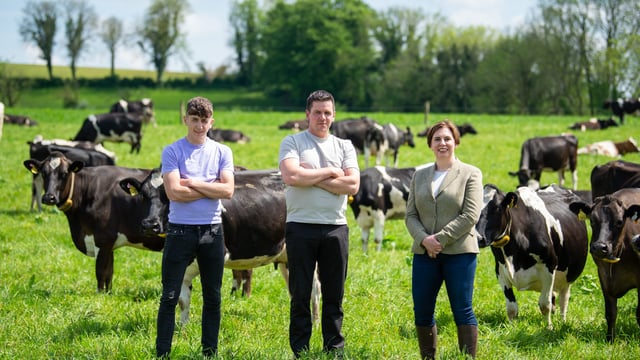Letter to the editor: Why are co-ops resisting rules on fairness?
Dear editor, there’s growing concern about the opposition by Irish dairy co-ops and their representative body, the Irish Co-operative Organisation Society (ICOS), to proposed EU reforms under Article 148.
These reforms aim to to strengthen farmers’ position in the food supply chain through fair and transparent contracts.But here’s the contradiction - co-ops are already making farmers sign contracts, often under threat of delayed payments, penalties, or even refusal to collect milk.
These contracts are usually non-negotiable, one-sided, and lack pricing clarity. Farmers often don’t know what they’ll be paid until after they’ve delivered their milk, despite being the supposed owners of these co-ops.
If co-ops are truly farmer-owned and act in farmers’ interests, then why are they resisting rules that would ensure fairness, transparency, and predictability - especially in contracts they already enforce and penalise farmers over?
The EU’s proposal doesn’t ban co-ops or tear up contracts, it simply introduces basic protections for the primary producer.
If those protections threaten the current system, it raises a deeper question - whose interests are co-ops really serving today... farmers’ or their own?
From Robert Yorke, Macra member, Co. Longford
**In the early days of the Common Agricultural Policy (CAP), so-called common market organisations (CMOs) were created.
These were designed to manage the production and trade of most of the EU's agricultural sector.
Their purpose was to ensure steady incomes for farmers and a continued supply for European consumers.
The most recent CAP reform provides the European Commission with exceptional measures to address severe market disruption (by means of, for instance, market-support measures in the event of animal disease outbreaks or a loss of consumer confidence owing to public, animal or plant health risks).





